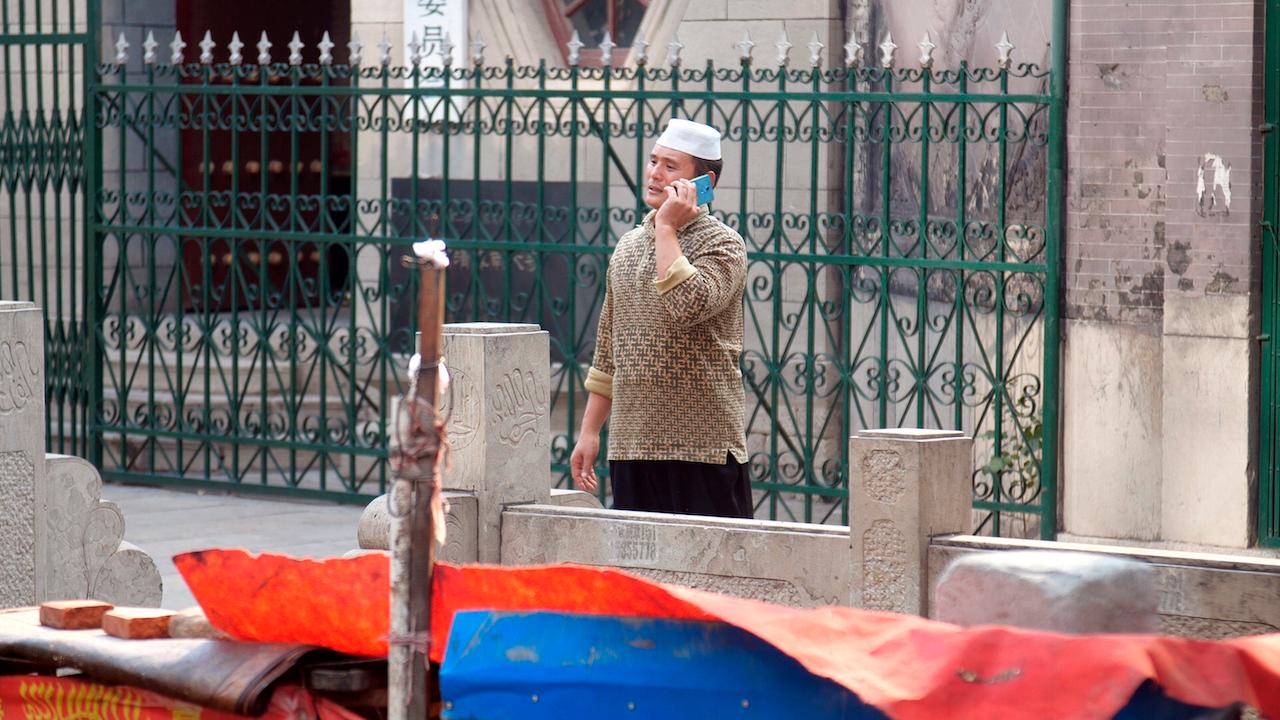China’s Muslim crackdown reaches tropical paradise island
A Muslim commentator says Beijing wants Muslim ethnic groups throughout China to lose any sense of unity their religion provides.
Hainan province is China’s southernmost territory, a tropical island of white-sand beaches, palm trees and home to around 10,000 now-persecuted Muslims.
The Utsuls are the latest Muslim ethnic group targeted by Beijing’s nationwide Chinese Communist Party (CCP) campaign against Islam.
The campaign is notorious for its internationally condemned treatment of ethnic Uighur Muslims in Xinjiang, which many countries condemn as genocide.
Now the Sunni Utsuls are also feeling the grip of Beijing’s strict controls.
Beijing’s plan to harass Christians, Buddhists, and Muslims is designed to control religions so the CCP can remain the dominant ideology, says Gu Yi, a Muslim political commentator who told VOA Mandarin service that the campaign’s objective is to eliminate Islamic culture from China.
“They do this because Islam has its own belief system and social structure, which is a serious threat to a totalitarian regime such as the CCP. They cannot tolerate groups that think differently,” he said. “Therefore, they must carry out such a cultural extinction of Islamic society.”
Beijing wants Muslim ethnic groups throughout China to lose any sense of unity their religion provides, according to Gu.
At Beijing’s behest, local governments have issued specific measures including closing Islamic schools, mandating hanging the national flag at mosques, removing Islamic buildings, and replacing halal signs.
They also banned those under 18 from studying at mosques and loudspeakers for prayer calls.
“It’s to make them a calm and docile Chinese group,” Gu said. “Islam is not only a religious belief for most Muslims, but also a cultural and national tradition. Traditional customs and identity of believers can’t be separated from Islam.”
Most of the Utsuls live in the port city of Sanya and speak a language related to those spoken in Vietnam and Cambodia, from where they emigrated centuries ago.
Also known as the Hainan Hui, the Utsuls have played a significant role in China’s relations with the Islamic world, serving as a resort destination for other Chinese Muslims and as a bridge to Muslim communities in Southeast Asia and the Middle East.
The crackdown on the Utsuls began when the CCP issued the “Work Plan for Strengthening the Comprehensive Governance of Huixin Community and Huihui Community” in 2019, according to Chinese microblogging site Weibo.
The plan means women are forbidden to wear headscarves at work and any committees established to manage mosques must now include CCP members. Arabic script, directives for prayer toward Mecca and religious phrases are to be covered with official CCP slogans.
A worker at a local halal restaurant told VOA that local government officials have ordered the removal of the word “halal” from signs and menus.
After asking to remain unnamed due to fear of CCP reprisals, he added that authorities have also ordered the obliteration of signs in homes and shops saying “Allahu akbar”.
Subscribe to our newsletter
To be updated with all the latest news and analyses daily.
